The prosecution of Trump is an assault on democracy
Voters, not the courts, should decide America’s next president.

Former US president Donald Trump now faces a third criminal prosecution. Yesterday, he was charged on four counts for his refusal to accept – and attempts to overturn – the results of the 2020 presidential election.
The new 45-page indictment alleges that Trump conspired to ‘impair, obstruct and defeat’ the government’s attempts to count and certify votes and to ‘obstruct and impede the 6 January congressional proceeding, at which the collected results of the election are counted’. It also accuses him of being at the heart of ‘a conspiracy against the right to vote and to have one’s vote counted’.
The main thrust of the charges against Trump is that he knowingly propagated false claims about a ‘stolen’ election. The indictment mentions six co-conspirators who helped him in his bid to overturn the election. They are alleged to have pressured local officials to ‘find’ votes, urged the Justice Department to launch investigations into non-existent electoral fraud, and to have tried to disenfranchise millions of voters by trying to falsely certify the results in seven states in Trump’s favour.
The indictment claims that this all amounts to a ‘criminal scheme’. But this merits some scrutiny. Whether Trump’s claims about the election cross the line into criminal behaviour will depend on proving criminal intent among Trump and his co-conspirators. His defence is likely to be simple: that he genuinely believed in the claims of electoral fraud that were circulating at the time. He may also have a free-speech defence. The indictment acknowledges that Trump, like any American, has a First Amendment right to say whatever he pleases about the outcome of an election, even if his views are based on falsehoods.
There is a bigger problem with the indictment and the discussion around it, too – namely, the role of politics and double standards. For one thing, Trump is certainly not the first politician to have lied to voters about election interference.
Consider the so-called Russiagate scandal. After losing the presidential election in 2016, Hillary Clinton and her supporters alleged that Russia had interfered in the election to gift the presidency to Trump. House Democrats then commissioned special counsel Robert Mueller to investigate the claims. Yet when he delivered his report in 2019, Mueller concluded that the evidence ‘did not establish that members of the Trump campaign conspired or coordinated with the Russian government’. In other words, Clinton and others propagated a false narrative about Trump owing his election win to the Russian state.
Funnily enough, a year ago Trump launched a lawsuit against Clinton, accusing her of spreading lies about the 2016 election. The paperwork in that case sounds eerily like the latest indictment against him. It claims that ‘the defendants maliciously conspired to weave a false narrative that their Republican opponent, Donald J Trump, was colluding with a hostile foreign sovereignty’.
Yet, for some reason, it is only Trump’s election lies that are held to be sufficiently ‘pervasive and destabilising’ to ‘create an intense national atmosphere of mistrust and anger, and erode public faith in the administration of the election’, as the indictment alleges.
The timing of the new Trump indictment is significant, too. Trump is right to find it suspicious that prosecutors have waited for over two years to indict him, and yet now special counsel Jack Smith is pushing for a ‘speedy trial’. This means the trial could end up taking place during the presidential elections.
This is not the only trial Trump is facing in the run-up to 2024, either. In March next year, he will face trial in New York over allegations that he covered up ‘hush money’ payments to porn star Stormy Daniels. Then, in May, he faces trial for allegedly hiding documents from the Department of Justice. The growing list of indictments against Trump is unprecedented. And yet the legal substance of these indictments – particularly the New York one, and this most recent one – is flimsy to say the least. You don’t have to be a Trumpist to see how questionable and political all this is.
Smith’s press conference yesterday should also have raised some eyebrows. The special counsel tried to draw an explicit link between the indictment and the ‘January 6’ riot at the Capitol in 2021. But there is nothing in the actual indictment that charges Trump with inciting the riot. To many, this will look like an attempt to politicise the trial and to rile up Trump’s opponents.
We should always be worried when the judicial system comes into conflict with the democratic process. We cannot pretend that Trump is just like any other defendant. He is the presumptive Republican nominee for the next presidential election. Putting him on trial is bound to distort the campaign (although, if his current success in the polls is anything to go by, it might also work in his favour).
The American people have the chance to judge Trump’s actions when they go to the ballot box in 2024. They can voice their disapproval of his election-denying antics by refusing to cast a vote for him. Or they might decide that there are other issues that matter more to them. That Americans may be denied this choice is chilling.
Prosecutors need to stop meddling in democracy. Voters, not the courts, should decide America’s next president.
Luke Gittos is a spiked columnist and author. His most recent book is Human Rights – Illusory Freedom: Why We Should Repeal the Human Rights Act, which is published by Zero Books. Order it here.
Picture by: Getty.
To enquire about republishing spiked’s content, a right to reply or to request a correction, please contact the managing editor, Viv Regan.

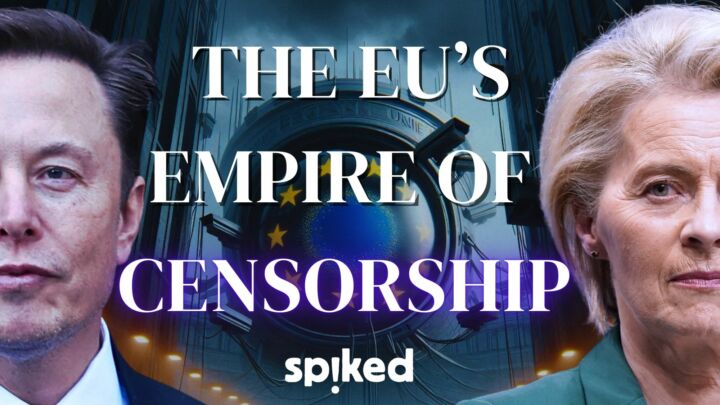
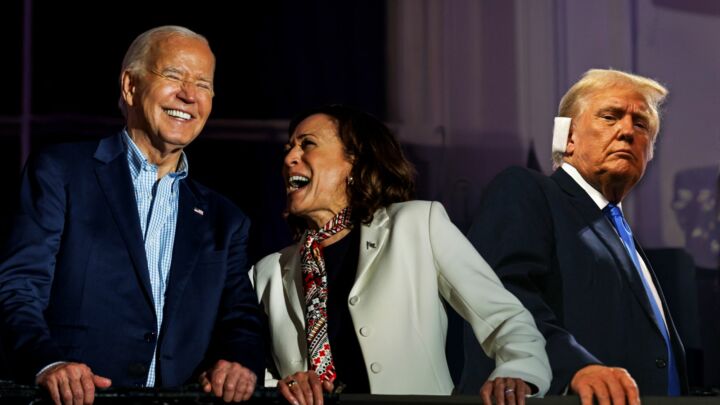

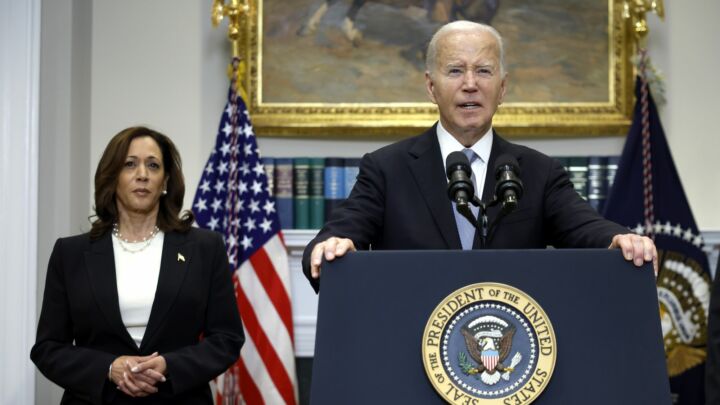
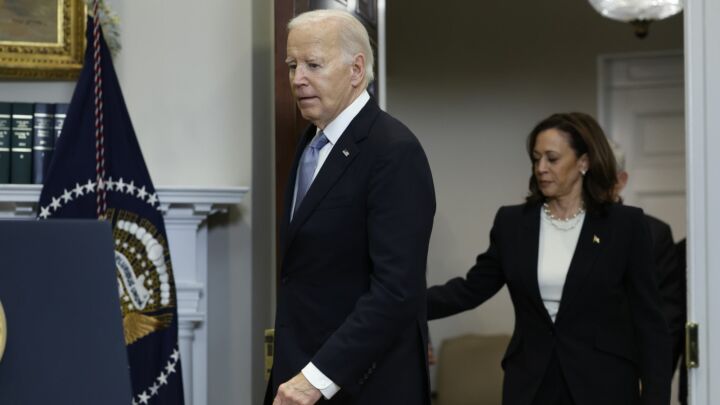
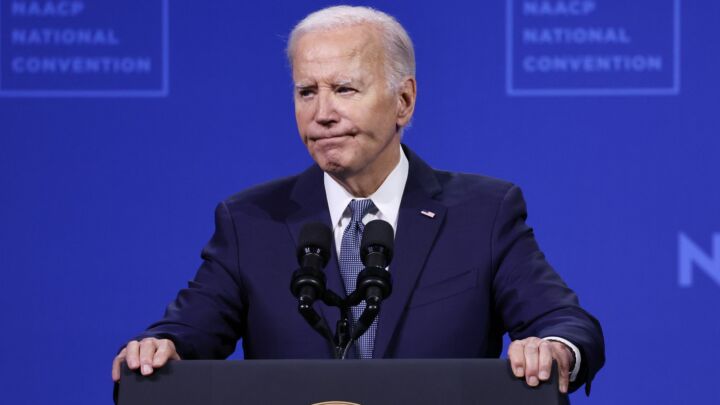
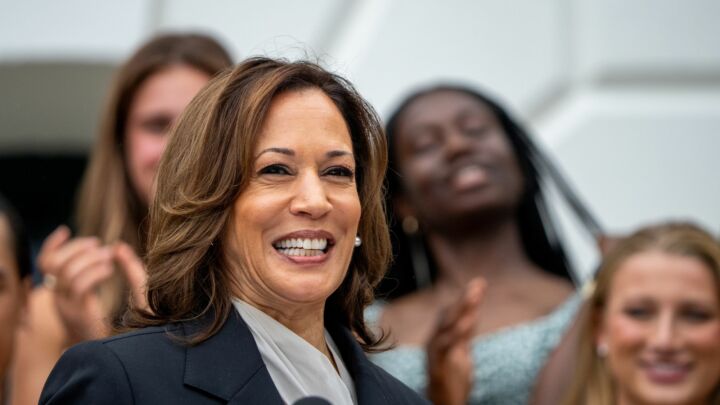
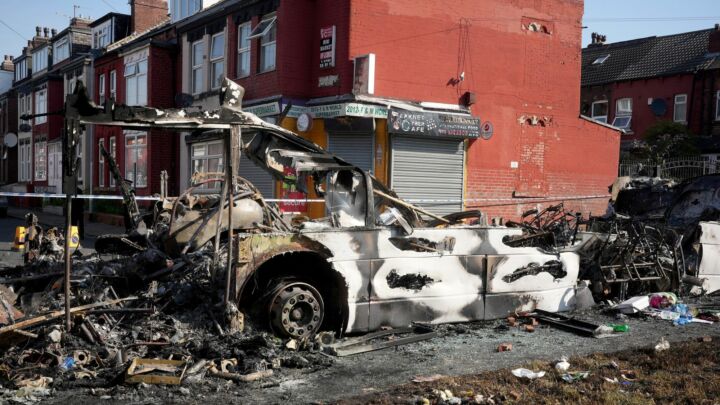

Comments
Want to join the conversation?
Only spiked supporters and patrons, who donate regularly to us, can comment on our articles.